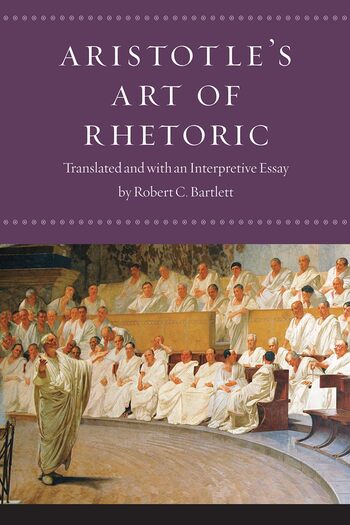
Mind Over Money by Claudia Hammond examines why the poor are often controlled by money while the wealthy navigate it with ease. It explores psychological perspectives on money, offering insights and financial tips to better manage the art of spending.
Main Lessons
- Our perception of money determines its power over us, not the money itself.
- Differentiate between payment methods: cash can make spending tangible and cautious, while card payments feel painless but can lead to overspending.
- Mental accounting affects spending. Smaller expenses may receive detailed scrutiny compared to larger ones.
- Poverty affects cognitive abilities, suggesting financial stress can impede decision-making due to reduced IQ.
- Saving money is challenging due to multiple factors, like financial literacy and account management.
- Excessive diversification of funds can lead to confusion and impulsive spending.
- Simplicity in financial management can aid in savings, aligning with the adage: ‘don’t put all your eggs in one basket’ cautiously.
- Procrastination issues reveal that savings must be a priority today, not a deferred plan.
- Impulsive purchases can be controlled by visualizing the equivalent cash withdrawal when using cards.
- Open mindedness and psychology insights can lead to better spending behavior.
- Trust is central to money’s function—not evil—but as a tool for cooperation.
- Financial strategies need adapting to current lifestyles and maintaining awareness of actual needs.
- Frugality can be essential for financial health, ensuring resources are allocated wisely.
- Cultural perceptions of money objectify its influence, yet individuals can master their financial journeys through enhanced understanding.








